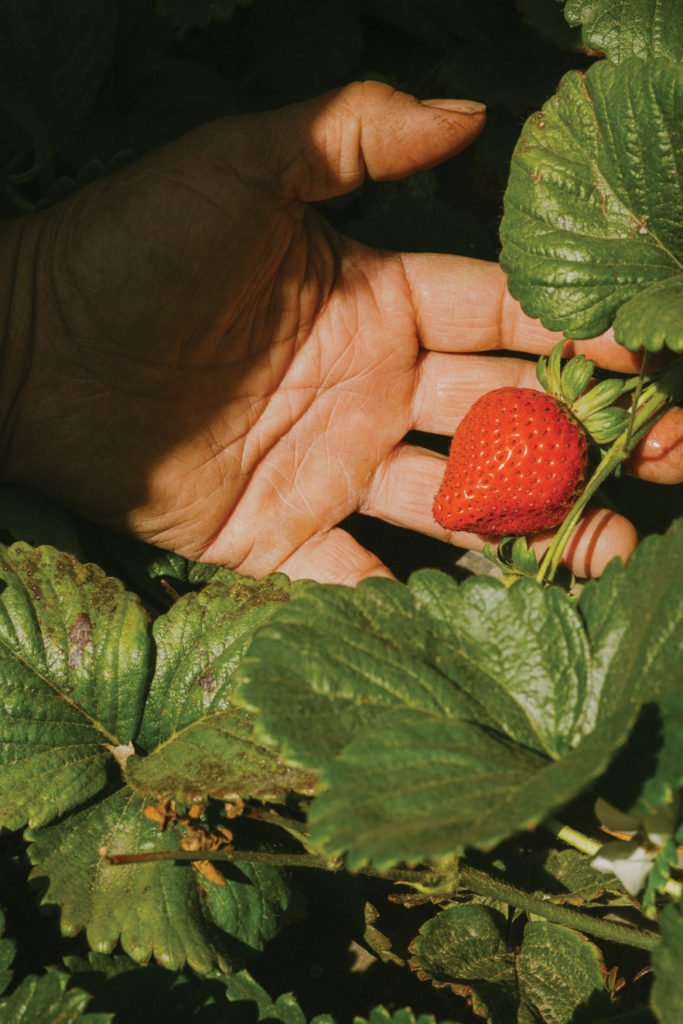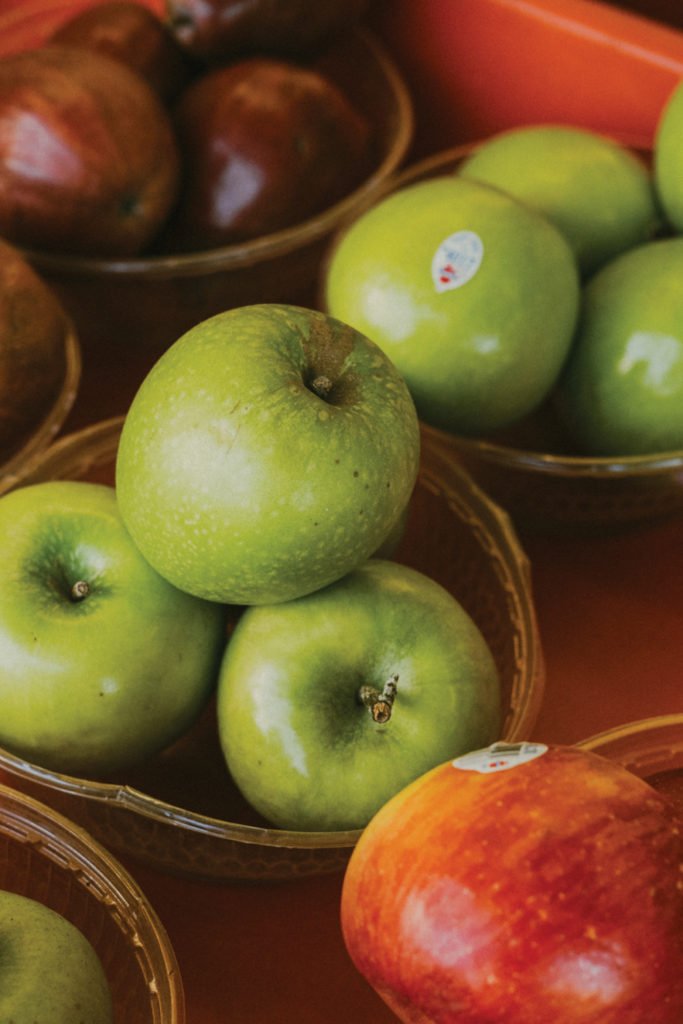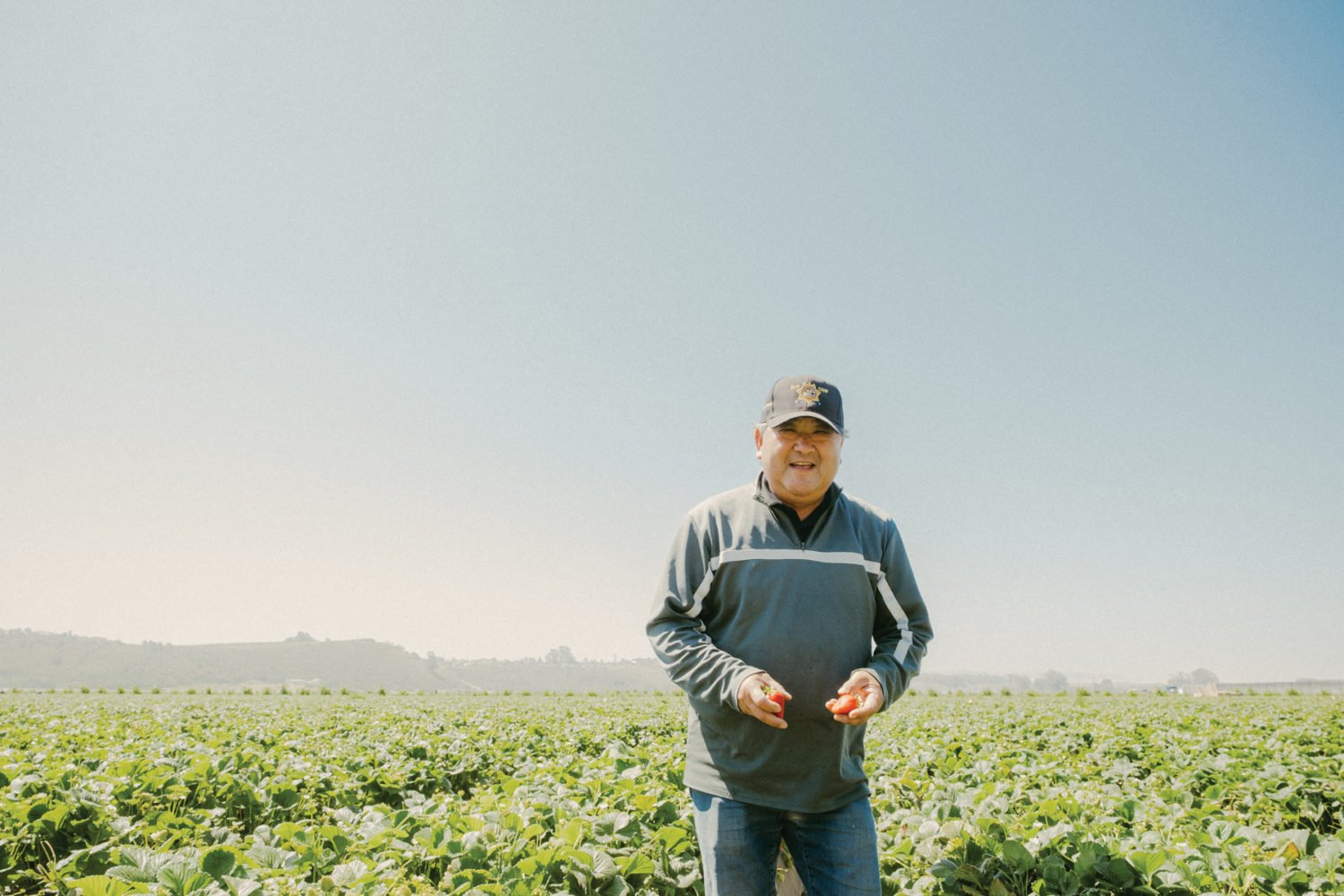
The Hayashi Family Epitomizes Multigenerational Farming
Story by Molly O'Brien
Photography by Richard Fusillo
Residents of the San Luis Obispo County area for over 100 years, the Hayashi family has made a name for themselves in the farming community. Generations of Hayashis have picked, and sold at their Oceano farmstand, fresh vegetables and fruits since 1942 and there seems to be no sign they’re slowing down.
Their story began in 1918 when Hayashi family patriarch Yeiju left Japan, traveling throughout South America and Mexico before settling in California. That’s where he met Toyo, whom he married and together raised two boys, Haruo and Akio. Yeiju decided to put down roots on California’s Central Coast to create a better life for himself and his family. By 1942, the family business was firmly established. The Hayashis had planted about 100 acres of land in the Arroyo Grande Valley, growing crops like lettuce and beans.
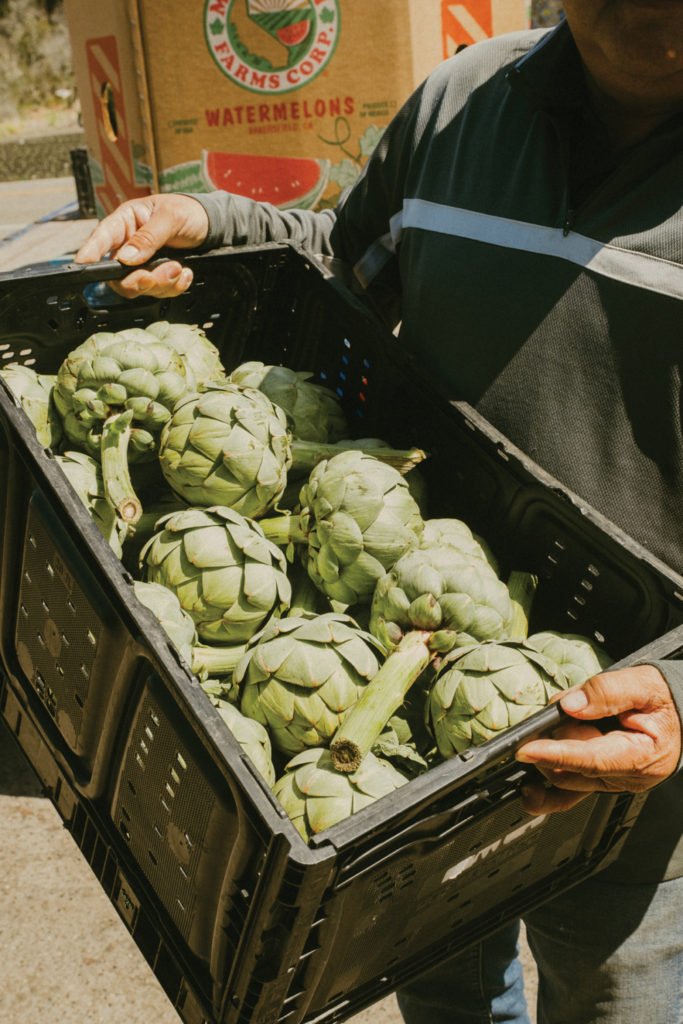
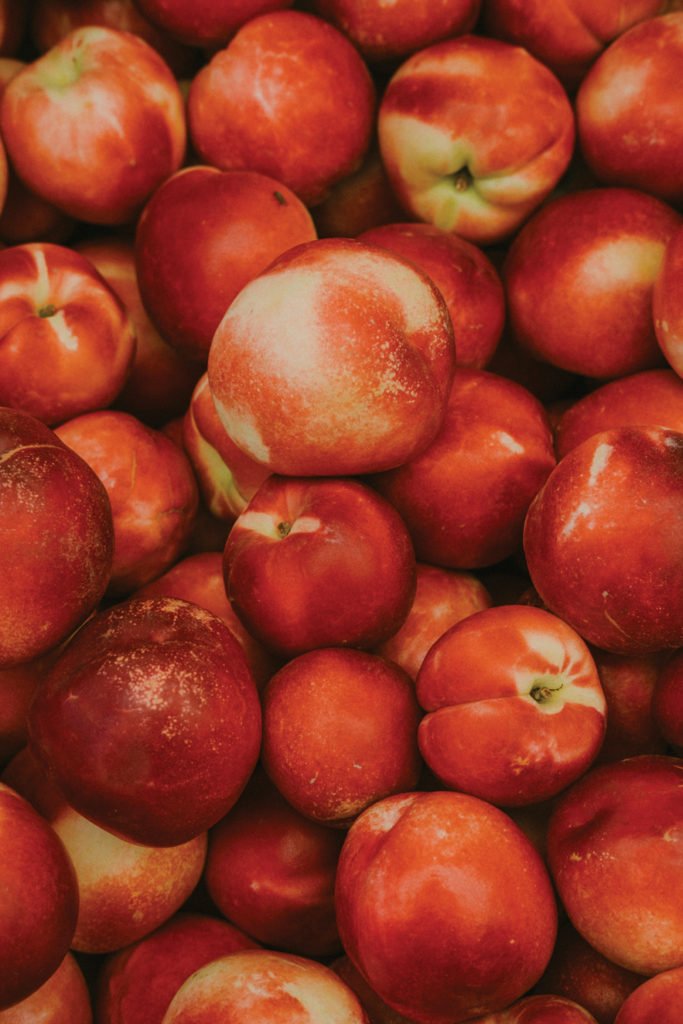
But during World War II, when the bombing of Pearl Harbor rocked the world, paranoia that those with Japanese ancestry would act as spies or saboteurs motivated President Franklin D. Roosevelt to relocate and incarcerate more than 120,000 Japanese Americans. About two-thirds of the internees were U.S. citizens. The Hayashi family was among those imprisoned in internment camps throughout the western interior of the country. Shortly after starting their business, the family was forced to leave the farm — and, really, their lives — behind. Haruo, who was a sophomore at the time, would have graduated high school in the class of 1944 had he not been in confinement. The Hayashis didn’t return to SLO County until after the war ended.
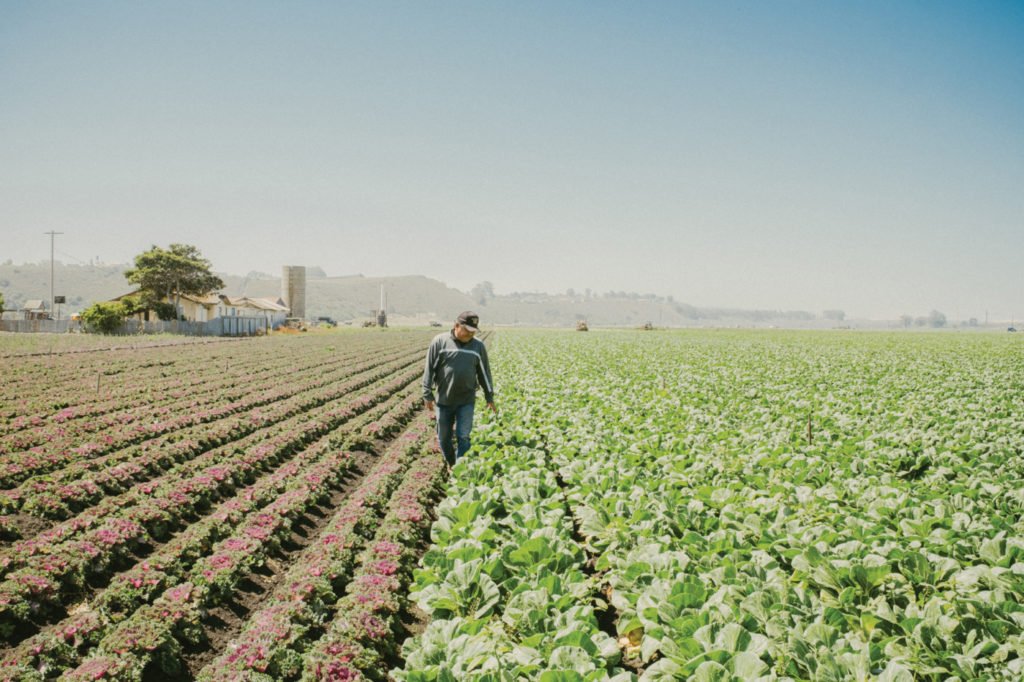
When they got back to Arroyo Grande and their ranch, they found that some of the neighbors had taken care of their land while they were away. This example of what they believe to be the “San Luis Obispo community spirit” truly settled in when the acreage was actually returned to them. With the help of loaned farming equipment, the Hayashis were able to rebuild their livelihood.
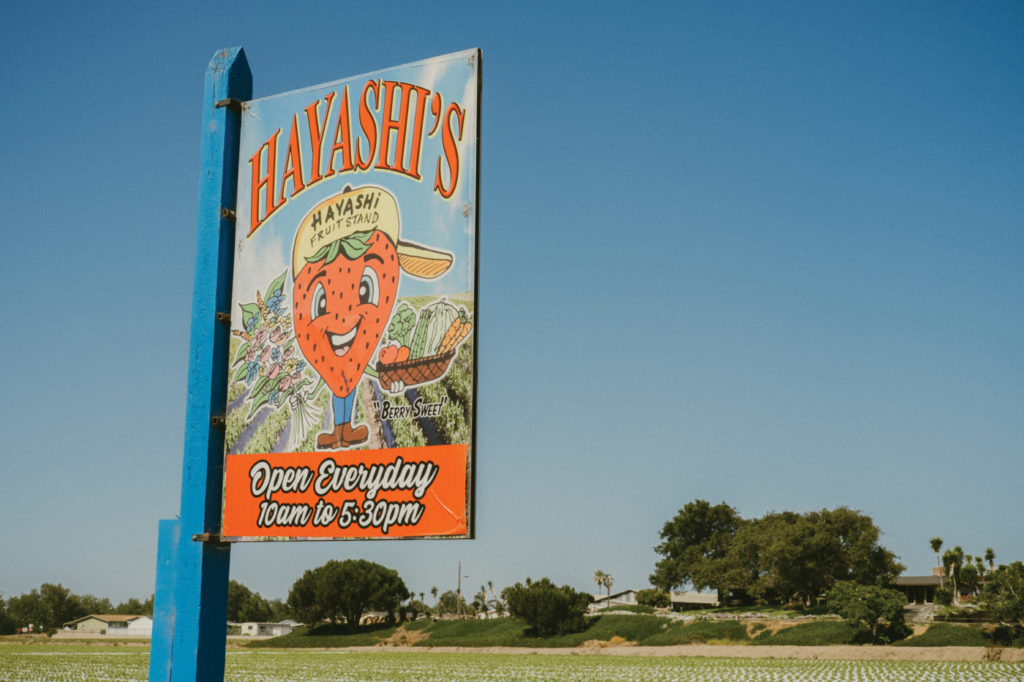
“Growing up in our family… everybody worked,” says Alan Hayashi, the son of Haruo and current head of farm production. “Farming has been in our family, and we’ve done it together. It’s an honest business, it’s a hard business, and it’s not for everybody… there’s a lot of satisfaction you get around growing products and seeing them harvest[ed] and put to use.”
At the peak of the farm’s production, more than 1,000 acres of land ran up from Arroyo Grande to Morro Bay. Back in the ’60s and ’70s, the Hayashis were the leading growers of napa cabbage and bok choy in the U.S. They’re also credited with getting local farmers’ markets in SLO County up and running.
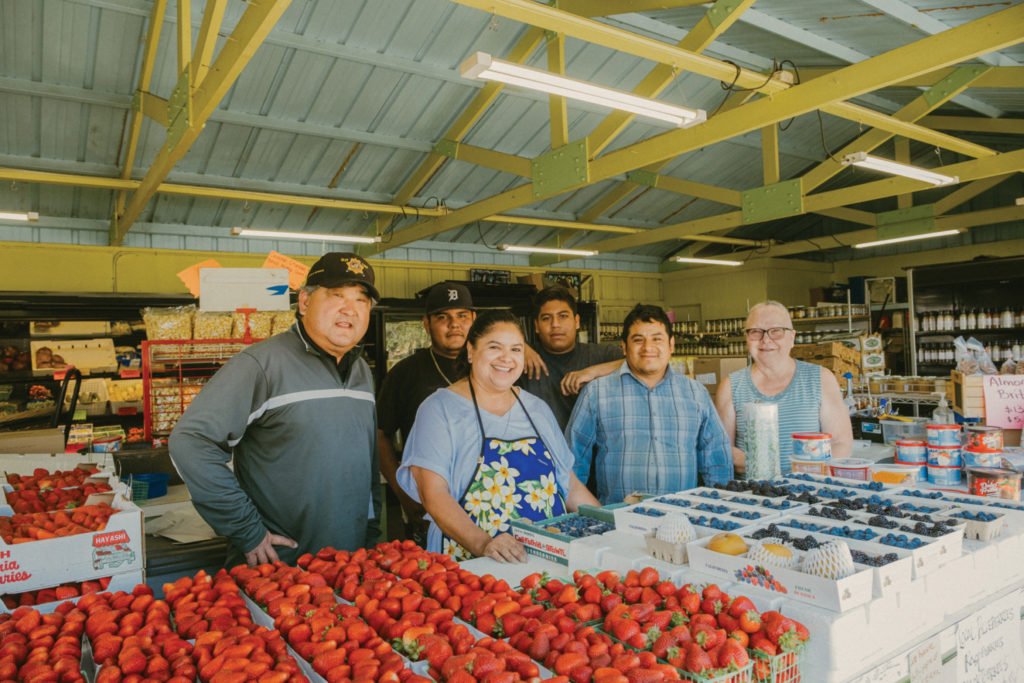
Today, the family owns around 300 acres, where they work from dawn to dusk cultivating produce with the same spirit of hard work and strong sense of pride as they had generations ago. They grow more than 30 crops year-round — some of which are sold through a non-profit co-op that the Hayashi family helped found in the ’20s. This co-op, called the Pismo Oceano Vegetable Exchange (POVE), is a wholesale distributor famed for its high-quality Asian specialty crops. You can find these veggies in the ready-to-enjoy salad kits locally, like at California Fresh Market, and nationwide.
To keep up the longtime legacy, three of Haruo’s five sons entered the family business, which has since expanded to encompass the Hayashi Fruit Stand at the intersection of Cienaga Street and South Halcyon Road in Oceano, as well as stops at many weekly local farmers’ markets across the county.
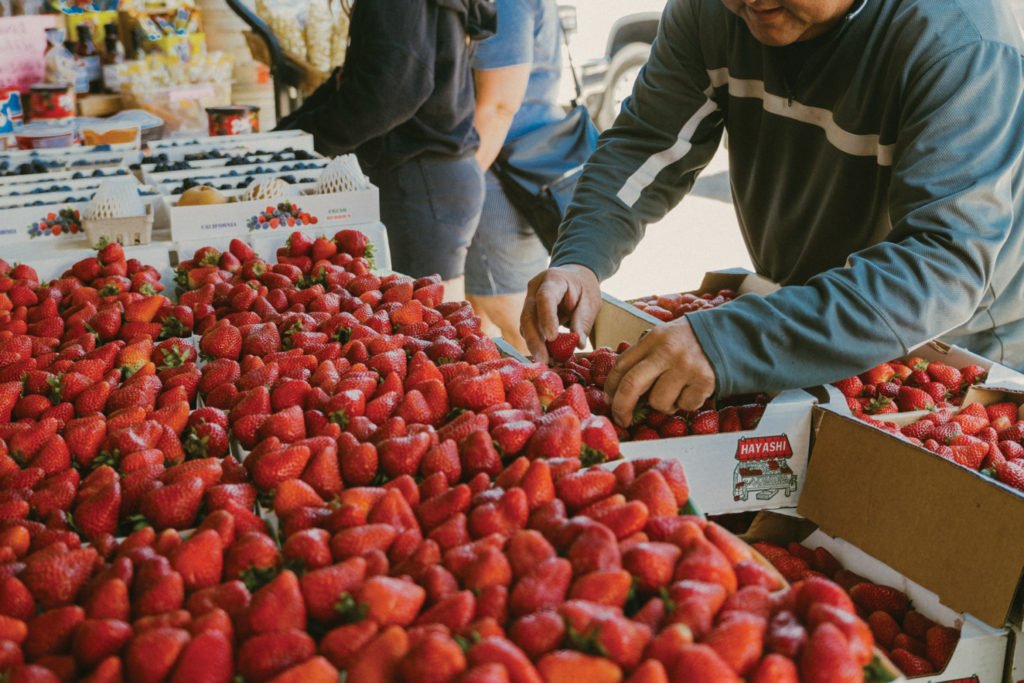
Some 70 years after the Hayashis were forced to abandon their farm and were imprisoned under Executive Order 9066, the crops are now fruitful and the business thrives. But it wasn’t until 2019 that Haruo finally got the opportunity to receive the high school diploma he was denied in 1944. During a historic graduation ceremony, Haruo, donning a blue cap and gown, stood next to his grandson, Kobe. The two Hayashis, one 18 and the other 93, both graciously accepted their diplomas.
“I think it was a nice gesture for them to do [this] for my dad. It was kind of nice that my dad got to do it for people who didn’t get there,” says Alan. “He wasn’t the only one that didn’t get a diploma out of that class. He got to represent. I think that was more meaningful to him and our family.”
